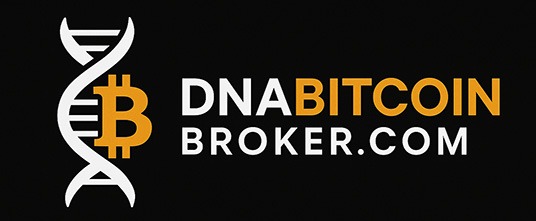The introduction of the Markets in Crypto Assets (MiCA) Regulation in Europe came with a lot of transformation. It seeks to bring clarity, accountability, and investor confidence in the often volatile Crypto landscape, a move that will regulate digital assets across the EU.
Typically, MiCA is looking to establish a structured regulatory framework that protects investors, therefore upholding market integrity.
So, what do the new MiCA regulations mean for issuers, service providers, and Crypto investors?
What is MiCA Regulation?
MiCA is a set of rules proposed by the European Union to standardize and regulate Cryptocurrencies and other digital assets with a primary goal of:
- Protecting investors from unforeseen risks when dealing with Crypto assets.
- Prevent fraudulent activities and financial crimes.
- Ensure market integrity.
MiCA demands that issuers of digital assets must meet strict operational and transparency standards. This involves providing vivid white papers and securing approval from competent authorities before offering services to the public.
How Does MiCA Define Crypto Assets?
MiCA guidelines stipulate how different types of digital assets are regulated.
Key definitions may include:
- Crypto-asset: A “digital representation of value or rights” that can be stored and transferred electronically through Blockchain or other decentralized technologies.
- Stablecoins:
Asset-Referenced Tokens (ARTs): These are Cryptocurrencies that maintain a stable value by linking to multiple fiat currencies and other Crypto assets.
E-money Tokens (EMTs): Involve cryptocurrencies that are pegged to a single fiat currency as a means of exchange. - Utility Tokens: These are digital assets that give holders access to a specific product provided by the token’s issuer.
Requirements for Crypto Asset Issuers
Companies offering crypto assets in the EU have to abide by a set of requirements MiCA sets.
These include:
- Compliance: Stringent rules on market conduct. This helps prevent ill vices like insider trading and market manipulation.
- Transparency: Issuers of ARTs and EMTs must provide pre-approved clear, accurate, and comprehensive information in their white papers.
- Legal Framework: Issuers must establish themselves as legal entities. They shall publish Crypto-asset white papers and notify the relevant authorities.
- Investor Rights: Holders of EMTs can file claims against issuers in case of misconduct that affects their investment decisions.
- Scrutiny for Significant Tokens: It is worth noting that tokens classified as “significant” face higher capital requirements and liquidity management policies.
These measures are put in place to ensure that all market participants operate in a safer and transparent environment.
The MiCA Effect on the Crypto Industry
Upon implementation, these regulations will have far-reaching implications for the Crypto space in the EU:
- For Issuers: A higher bar for compliance will result in a more credible and trustworthy framework for launching and business operations.
- For Service Providers: Standardization streamlines operations and confidence among investors.
- For Investors: They will be better protected, mitigating risk and, hence, a safer investment environment.
In conjunction with AML regulations, MiCA aims to bolster trust and innovation within the Crypto industry.
The Take Home
As such, though MiCA sets higher standards, it appears to be in the right direction for the industry with a more holistic approach towards the new market. Since MiCA prepares the ground for the future homogenization of law, applying them improves investors’ protection and equalizes the competitive environment for EU ventures.
MiCA regulation is not only a list of guidelines; it’s the new concept of how the Crypto industry will stand and deal with what comes with it. Indeed, the MiCA seeks to establish the future of Crypto assets in the EU and the greater globe through transparency, accountability, and investor protection.
Image Source: Adobe Stock
Disclaimer: This article is purely for informational purposes. It is not offered or intended to be used for legal, tax, investment or financial advice.












